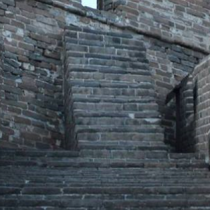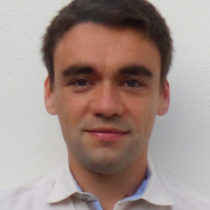It pays off to research hospitals during your first few weeks in the country. Then, in the case that you need urgent medical treatment you will not be forced to make a decision under pressure and without the proper information available.
You may also want to find a doctor who can handle annual check-ups, physicals, seasonal health concerns, and also direct you to help for more serious issues – your school will be able to make recommendations.
Dental care, cosmetic surgery, psychological care, and other health-related services are now widely available to western standards, though prices can vary widely.
Public healthcare in China
China’s public healthcare system is best described as inconsistent. Many cities have direct access to hospitals and a range of medical services, whereas rural areas can be far away from the nearest clinic. The language barrier, slow service and long queues put off most teachers from seeking treatment in a public hospital.
Despite their appearance, the quality of treatment in most hospitals is up to Western standards, even if the methods used are different – for example, patients are expected to keep their own medical records, hospitals charge very little for consultations, and some doctors get commission from prescriptions.
International wings in public hospitals
In some of the largest cities, some public clinics have opened an ‘international’ wing. These exist as partnerships between the state and the private sector, and aim to provide access to public healthcare with western standards of healthcare. Many of these wings share Doctors with public facilities but focus more on customer care. Treatments here can cost less than at private hospitals.
Private healthcare
There are international hospitals in larger cities. Private hospitals often have English-speaking medical staff with western training, however the cost of treatment can be very high.
Pharmacies/ Drug Stores
Teachers working in cities will have access to the sort of prescription medicines you are used to, as well as traditional Chinese medicines. Some pharmacists have expertise in both areas, however you may want to make sure of what you are being instructed to take!
Pharmacies are widely available in urban areas and are conveniently organised into different departments. Most labels are in Chinese, so some assistance from a local colleague is advised.
Emergency services
Emergency services in China are provided by the state’s emergency medical services. These are efficient in urban areas, but are less reliable in rural regions. Ambulances often have a doctor on board.
Useful numbers:
120 – Ambulance services
119 – Fire department
110 – Public Security Bureau
Health insurance for Teachers in China
Opportunity China is unable to provide advice on insurance, however our trusted insurance partner is able to provide applicants with advice on gaining long stay travel insurance.
Whether your school provides health insurance or not we would strongly advise that you look in to buying your own policy.


